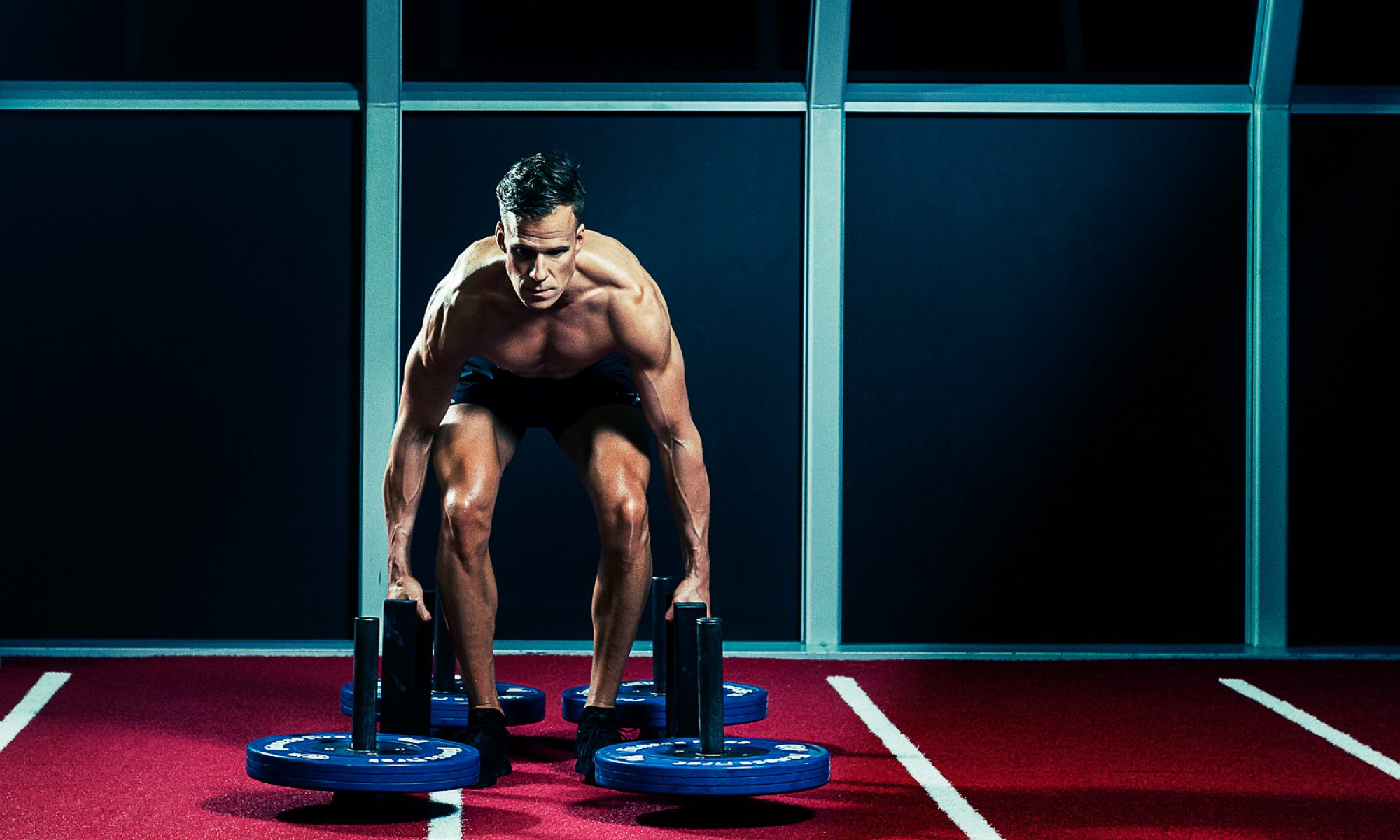The popular phrase (or Bon Jovi song – see here) “I’ll sleep when I’m
dead” has almost become extinct, with the exceptions of a few old school tough guys and karaoke bars.
The notion you can achieve more if you sleep less has been put to rest by modern science. (1)
Lack of sleep and sleep quality is associated with decreased
productivity, physical and cognitive performance. (2) Plus, an increase in diseases such as diabetes, cancer and CVD. (3, 4)
I don’t know many people that wouldn’t mind a few extra hours in the day.
Modern lives are getting busier with deadlines, social and family commitments. Sprinkle in a little stress and sleep becomes an unattainable after thought.
Common side effects of too little sleep are decreased libido, irritability, impaired memory, craving of sugary foods, dark circles under eyes and  increased susceptibility to colds. Just to name a few. So, it’s easy to see how the wheels can fall off just by having little sleep over a short period.
increased susceptibility to colds. Just to name a few. So, it’s easy to see how the wheels can fall off just by having little sleep over a short period.
There is no energy drink or amount of caffeine that will replace a solid night’s sleep. It’s important not to get sucked into the vicious caffeine cycle, after a bad night’s sleep.
When feeling tired, trying to prop yourself up on larger doses of caffeine to get through the day can play havoc with the next night’s sleep quality and can continue each day thereafter, if we don’t prioritise sleep to get back on track.
My Executive Athletes are familiar with how much emphasis I place around developing winning habits around sleep. It’s just as important as the training or the diet.
“You’re only as good as your ability to recover” is my go to
line and helps people reconnect with the value of rest.
Here are a few tips I gave my Executive Athlete (latest webinar)
for getting a better night’s sleep. If you would like free access to my Sleep for success webinar, please submit email here.
- No screens 2-hours before bed. If this isn’t feasible for work or because you’re a social media junky, try night mode or a third-party app that reduces the amount of blue light (this spectrum of light suppresses melatonin production) from the screen.
- Sleep in a bat cave and put your phone in another room. Having a darkened room with no small lights will improve the ability to fall asleep and stay asleep.
- Stop caffeine in the AM and no dark chocolate at night.
- Foods to help fall asleep and stay asleep. Turkey, hummus and salmon (all contain tryptophan which is a precursor to serotonin). Cherries or tart cherry juice (contains melatonin). Nut butters mixed (contain high levels of magnesium and help to stabilise blood sugars).
If you would like to know more about this topic or the Executive Athlete Coaching program, please comment below or hit me up on my socials.
Sleep Well,
Coach Adam
P.s. See related article 4 ways to prevent an early death
References:
- Chatzitheochari S, Arber S. Lack of sleep, work and the long hours culture: evidence from the UK Time Use Survey. Work, Employment and Society. 2009;23(1):30-48.
- Meney I, Waterhouse J, Atkinson G, Reilly T, Davenne D. The effect of one night’s sleep deprivation on temperature, mood, and physical performance in subjects with different amounts of habitual physical activity. Chronobiology international. 1998;15(4):349-63.
- Cappuccio FP, Cooper D, D’elia L, Strazzullo P, Miller MA. Sleep duration predicts cardiovascular outcomes: a systematic review and meta-analysis of prospective studies. European heart journal. 2011;32(12):1484-92.
- Miller MA, Cappuccio FP. Inflammation, sleep, obesity and cardiovascular disease. Current vascular pharmacology. 2007;5(2):93-102.

